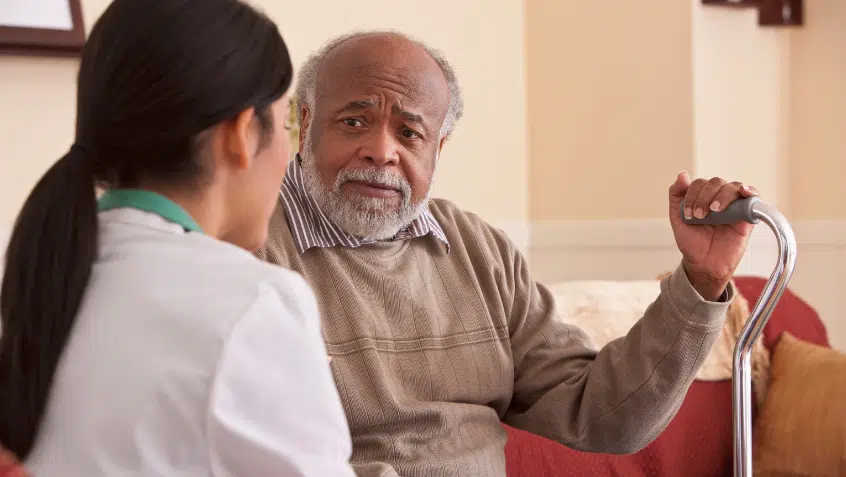Congressional Democrats Seek Clarification from Trump Administration on Part D “Gift Cards”

Yesterday, leading Democrats on U.S. House and Senate committees with jurisdiction over Medicare asked the Trump administration for more information on its rumored plan to send $200 “gift cards” to people with Medicare Part D in the coming weeks.
The lawmakers also asked the U.S. Government Accountability Office (GAO), the federal agency charged with oversight of such matters, to conduct an expedited review of the project’s legality.
President Trump first mentioned the gift cards at a public event late last month, apparently to the surprise of his campaign and administration staff. While there was no program to unveil at that time, officials have been working since then to create one, with the goal of launching it before the November 3 election.
With few confirmed or consistent details and no formal announcement, it is difficult to evaluate the potential plan. But early reports suggest the administration may attempt to establish the program under a long-standing and well-regarded Medicare demonstration authority, Section 402, by claiming the gift cards are an effort to test whether lowering out-of-pocket prescription drug costs improves medication adherence.
Given that years of research already prove this fact, it is not clear that couching this as a demonstration project pursuant to Section 402 is appropriate or statutorily permissible. The gift cards may also conflict with other federal rules. Another troubling aspect is the initiative’s reported $8 billion price tag, which would be paid for out of Medicare’s trust fund, just as the program is facing unanticipated costs and challenges due to the COVID-19 pandemic. The timing of a potential roll out—weeks before an election in which President Trump’s standing with older voters is in question—has also cast doubt on the genuineness of the proposal.
To find out more, the Committee leaders—House Energy and Commerce Committee Chairman Frank Pallone, (D-NJ), House Ways and Means Committee Chairman Richard Neal (D-MA), and Senate Finance Committee Ranking Member Ron Wyden (D-OR)—asked GAO to examine the issue. They also posed a series of questions to the U.S. Department of Health and Human Services, including on cost and legality.
While some people with Medicare would undoubtedly welcome an additional $200 to help pay for their prescriptions, this short-term financial assistance would do nothing to address the underlying problem of high and rising drug prices. To meaningfully and permanently improve prescription drug affordability, we encourage policymakers to instead focus on thoughtful, evidence-driven solutions that strengthen Medicare, not hastily derived election year gimmicks that threaten to undermine it.
The Latest
Most Read
Congress Moves to Cut Medicaid
Threats to the Social Security Administration and to Benefits Continue to Raise Alarm
House Adopts Senate Budget Plan, Laying the Groundwork for Significant Health Care Cuts
Trump Administration and DOGE Eliminate Staff Who Help Older Adults and People With Disabilities
Add Medicare to Your Inbox
Sign up to receive Medicare news, policy developments, and other useful updates from the Medicare Rights.
View this profile on InstagramMedicare Rights Center (@medicarerights) • Instagram photos and videos









